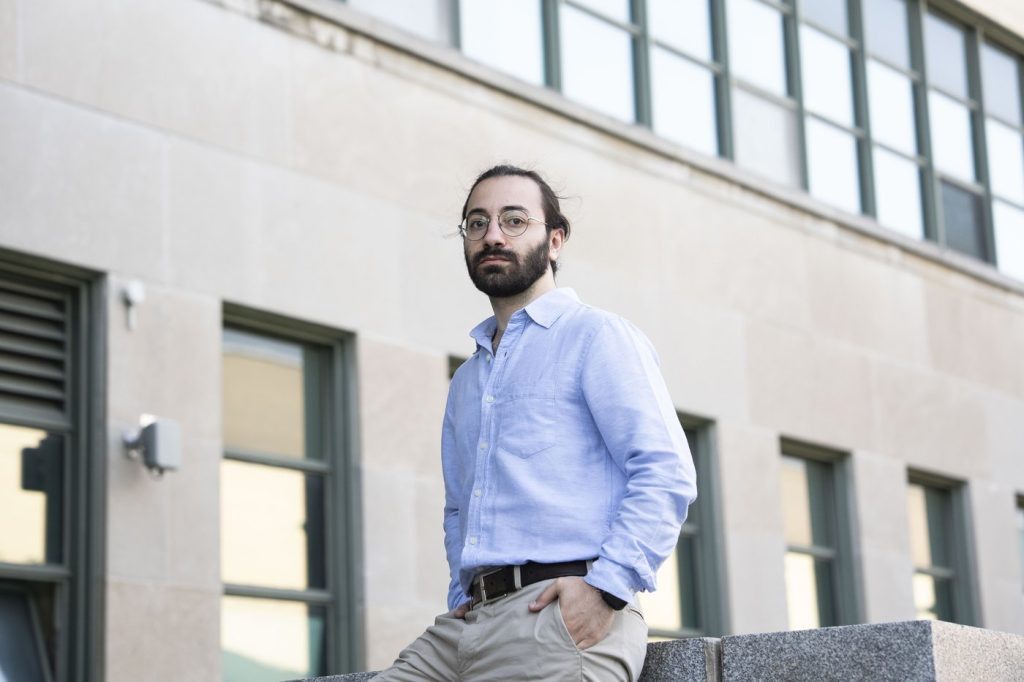MONTREAL — Jad Albasha, who fled the war in Syria and arrived in Quebec in 2016 at the age of 21, has made remarkable strides since his arrival. Landing in a snow-covered region where he couldn't speak a word of French, he has now become fluent and will graduate with a master's degree in civil engineering from Polytechnique Montréal on Saturday.
Albasha's journey has been filled with challenges. Before fleeing Syria, he was a third-year civil engineering student, just six months away from graduation. However, the war forced him to abandon his studies and seek a new beginning in Canada, where he initially faced the prospect of working in a grocery store in Laval, north of Montreal. "The road is long. I sometimes wondered 'am I going to get there?'" Albasha reflected. Yet, with determination and effort, he has proven that it is possible to achieve one's goals.
Upon arriving in Quebec, Albasha immersed himself in learning French, starting with a francization course in March 2016, which lasted about nine months. His dedication to mastering the language paid off; he went from knowing only a few basic phrases to becoming fluent enough to work as a teaching assistant at Polytechnique Montréal. "Merci, Bonjour, Bonsoir," he recalled were the only words he knew back in January 2016. He reminisced about his experience working as a bag boy, feeling inadequate due to his inability to communicate with customers in French.
The impetus for Albasha's family to leave Syria came in January 2013, following bombings at Aleppo University that resulted in the deaths of 78 people. After spending some time in Lebanon, his family, which includes a twin brother, an older brother, and their parents, were granted expedited refugee status by the Canadian government under Justin Trudeau's administration, allowing them to immigrate to Canada.
Albasha associates the Montreal snow with newfound hope and opportunity, describing it as a "symbol of happiness for me, a new chance, a new start." Today, he specializes in hydroelectric dams at AtkinsRéalis Group Inc., acknowledging the significance of such projects for Quebec's economic future.
Reflecting on his past, Albasha recognizes that returning to Aleppo is not feasible. Tragically, all his friends have either dispersed across the globe or lost their lives due to the ongoing war. He views Montreal as the foundation for his family's future. The president of Polytechnique Montréal, Maud Cohen, emphasized the importance of attracting talented engineers like Albasha to address Quebec's demographic challenges. She remarked, "The engineers really are building Quebec... so might as well bring in students like this." However, she pointed out that the province has adopted a law limiting international student applications, which poses future challenges.
Cohen's call to the government stresses the need to increase support for institutions looking to recruit high-level international talent. Albasha has taken on the role of mentor, guiding others who are starting anew. He reflects on the lack of role models during his journey, asserting that everyone deserves a chance regardless of their background. During a recent presentation in Winnipeg, he visited the Canadian Museum for Human Rights, where he encountered a quote that resonated with him: "All human beings are born free and equal in dignity and rights." Albasha found these words profound, expressing his belief in perseverance and the potential for success despite challenges.











